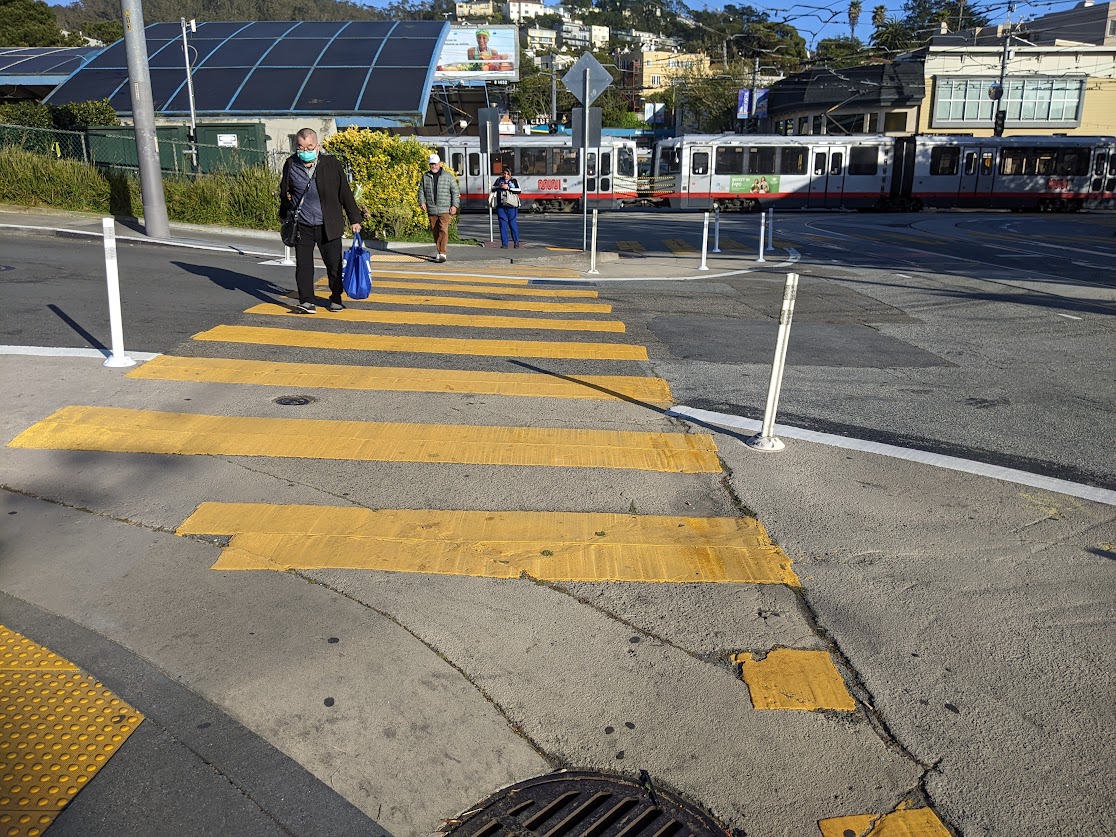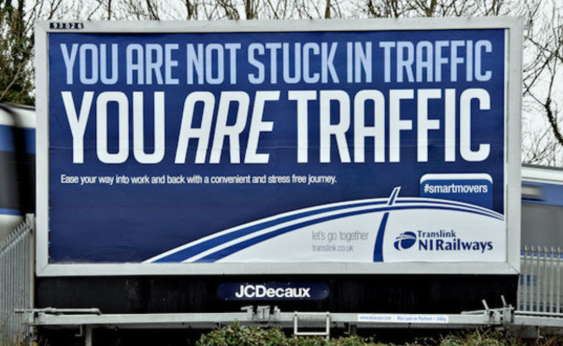Senate Climate Bill Leaks: The Good News and Bad News for Transport
2:38 PM PDT on September 29, 2009
The Senate's climate change legislation will finally
make its debut tomorrow, courtesy of environment committee chairman
Barbara Boxer (D-CA) and foreign relations committee chairman John
Kerry (D-MA). But the Washington Post has already obtained a
"close-to-final" version of the bill [PDF], which provides some details but leaves unanswered the key question of how much aid will go towards clean transport.
 Sens. Barbara Boxer (D-CA), center, and John Kerry (D-MA), left, at a 2008 rally. (Photo: NWF via Flickr)
Sens. Barbara Boxer (D-CA), center, and John Kerry (D-MA), left, at a 2008 rally. (Photo: NWF via Flickr)Like
the House climate bill, Boxer and Kerry's bill requires states and
metropolitan planning organizations (MPOs) to devise long-term plans
for reducing transportation-based pollution. To help localities meet
those emissions reduction targets, the Senate bill specifically
encourages the use of transit-oriented development, rail, buses,
bicycle and pedestrian infrastructure, carpooling, telecommuting, and
other strategies.
What's more, the Senate draft bill includes a grant program
aimed at providing federal help for the states and MPOs that take the
most ambitious and innovative approaches to cutting transport
emissions. However, it's important to note that the House had
a similar concept in an early version of its climate bill, only to see
the program removed before a final vote -- the same thing could happen
in the upper chamber.
The Senate climate draft also features
a "green taxis" provision that allows states to set higher
fuel-efficiency rules for taxicabs than the national standard, which
will hit an average of 35.5 miles per gallon in 2016. The taxis
language would allow New York City, represented by environment
committee member Sen. Kirsten Gillibrand (D), to press on with plans to transition to an all-hybrid taxi fleet.
But
what about the No. 1 climate issue for transit advocates: the share of
climate-change revenue that would go to clean transport?
Boxer and Kerry are not expected to release hard numbers tomorrow on
how much would be set aside for various sectors of the economy; those
details will be filled in before a markup of the bill that's slated for
next month, and they're likely to change as amendments are considered.
Still,
sources on and off the Hill are expecting transit and other
environmentally friendly transport modes to get barely more than the 1
percent of climate revenue allocated by the House -- in other words, a far cry from the legislation known as "CLEAN TEA," which would guarantee 10 percent of climate revenue for clean transport.
Half of the environment committee is already on record
backing a 10 percent set-aside for clean transport (Gillibrand signed
on to "CLEAN TEA" in late July), meaning that transit's share of the
climate pot could well grow larger as the Senate debate continues,
likely into next year.
Even so, transportation reformers -- whom Boxer advised
to "work with me on my global warming bill" after she postponed
consideration of a long-term transport bill earlier this year -- may
not be pleased with what they see from the Senate in the early going.
Stay in touch
Sign up for our free newsletter
More from Streetsblog San Francisco
SFMTA Starts West Portal Outreach
Agency presents plans to block traffic from crossing in front of the train station



